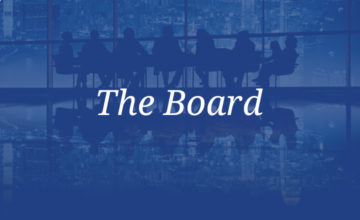9 March 2022
During a webinar organised by the Franco-British Chamber in Paris, Lydik Grynfeltt, Director at PAC Conseil Ltd and HR Bridge Consulting Ltd established for 20 years in the United Kingdom, shared advice on how to set up and manage your HR when you are a French company with operations overseas:
- Labour Law in the UK governed by Common Law is much more agile. To understand it, you have to get away from the Law itself.
- HR in France is essentially legal, which can seem cumbersome and restrictive to non-French people. Conversely, managing HR on the other side of the Channel means reinventing the approach we are used to in France. Otherwise, beware of conflicts of values!
- The French HR culture is marked by a long social history, an elaborate and dense legal structure, and an often conflicting dialogue that needs to be framed and managed in a normative way. The United Kingdom has been less marked by the notion of conquering social progress, even though the country has experienced long and extremely harsh social conflicts throughout its history. (But in terms of labour regulation, legislation and industrial relations, the UK remains very different from the US).
- The current model of industrial relations in the UK is characterised by its contractual aspect, the predominance of individual rather than collective relations, equality between the parties involved, a high level of necessary trust between them, and legislation that could almost be described as summary from this side of the Channel. In the United Kingdom, HR is at the service of the economic success of the company.
- Where in France one might be tempted to talk about conflict management, the notion of harmony within the company is considered essential in the UK. Detailed rules are countered by simple rules. In France, the primacy of law and verticality, indirect communication; over there, that of respect, a much more horizontal hierarchy that is accountable to all, direct communication.
- There are no or fewer blockages linked to the permanence of positions, jobs and sites. Disputes are avoided and consensus is sought. On the other hand, health and safety, well-being at work, gender equality, the fight against discrimination, and career management are fundamental notions.
- In the case of consultation, direct communication with employees gives managers a great deal of freedom, but there is an obligation for employees to be collectively represented in discussions, usually through voluntary representatives. It is therefore essential to have a good communication plan. ACCAS and gov.uk are two key sites for information on collective bargaining. Never lose sight of the notion of fairness and equality between the parties.
- Labour relations in the UK are therefore based on a balance between these two propositions: the employee is almost considered as a ‘customer’ but the purpose of decisions remains aligned with the mission and economic interest of the company.
The webinar is available in replay on the YouTube channel of the Franco-British Chamber: https://youtu.be/Ii9DLfpdDbM





